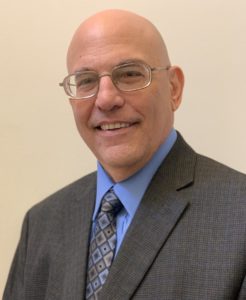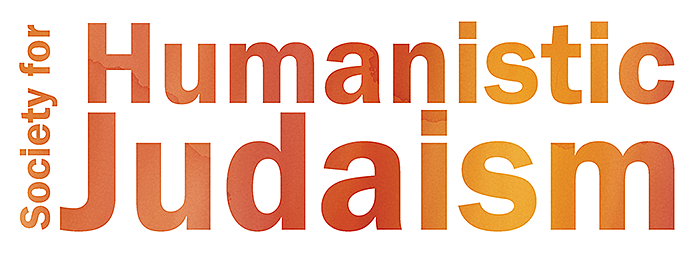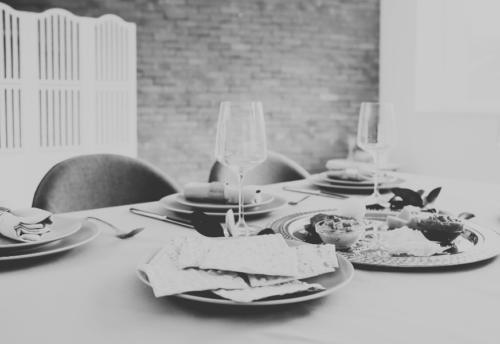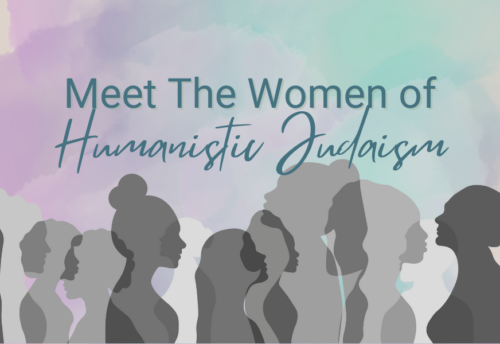
Guest Author Rabbi Jeffrey L. Falick of Congregation for Humanistic Judaism of Metro Detroit shares his insights and concerns about recent Supreme Court decision Kennedy v. Bremerton School District and the development of his awareness of separation of church and state violations.
Way back when I was in junior high school – this was in mid-seventies suburban Miami – I became very political. And, in a nod toward the notion that we never really change as much as we’d like to think, my focus then as now was on civil rights. Especially freedom of, and from, religion.
My initial forays into that battleground were losers from the get-go. In eighth grade I challenged the enormous Christmas tree erected in our school courtyard. In my very Jewish neighborhood I found lots of support among friends and teachers named Golden and Bernstein. But my very Jewish neighborhood also included a very sizable majority of non-Jews and people who thought I was being an a*****e when I started a petition to take it down. Some of the Jews agreed.
So the Christmas tree remained. And while I like to think that the increased number of menorahs and dreidels that appeared the following year were a result of my little petition drive, it probably just reflected the shifting demographics of more Jews moving in.
In 1978, just before eleventh grade, my parents divorced and my mom moved us to the west (that is, the very not Jewish side) of Houston, Texas. I think she was fooled by a new JCC extension program and a local kosher-style deli into thinking that this was the next frontier of Jewish life in Houston. It was not.
My Houston school was a shocking experience. There were all of five Jews on a campus of over 2,000. That there were few of us was culturally challenging but nothing I couldn’t get over. That there were apparently 1,900 extremely fervent Christians was. (That is certainly an exaggeration but I still believe it’s not by much.)
My new school sometimes felt more like a church than a public school. Hallways were strewn with posters for an evangelical group called “Student Life” which – though lacking official status – benefitted from easy access to school facilities. It also benefitted from lots of support, both implied and explicit, from faculty. One of those was my social studies teacher, an outspoken evangelical Christian who shared most of the same ideas about separating church and state that are currently on display in the U.S. Supreme Court. More on that in a moment.
For a variety of reasons, not least of which was my increasing involvement in Jewish activities at the temple we joined some twenty miles away, almost all of my teenage angsty alienation was centered on my sense of Jewish isolation. It wasn’t social insulation. I was in band and on the yearbook and newspaper staffs. It was, rather, a strong feeling of disaffection for the people around me, some of whom had taken to calling me “Jew-boy” among other epithets. It reached its height on the day that I showed up to social studies class to find that the regular curriculum had been set aside and we would instead be treated to a young woman’s testimony about how she was saved by Jesus Christ.
Probably sniffing the possibility that I was going to make trouble, the teacher sent me to the library for the hour. She probably (rightly) assumed my soul was not going to be saved that day. Having heard about this, school administrators decided that it might be good to bring in a rabbi to talk about the Jews. None would make the trip so it fell to me. I put together a lesson in Jewish history to trot around to social studies. It was rather fun and stirred the beginning of my rabbinical career. I did not, however, tell them that I was saved by Moses. I hewed to the constitutional line prohibiting proselytization.
Why am I using this week’s commentary to share this with you? It’s because I fear that tactics like those I experienced in my Houston high school are about to go nuclear following the recent Court decision in Kennedy v. Bremerton School District. In the shadow of overturning Roe v. Wade, there’s been too little discussion about it.
In short, the case involved a Washington state public school football coach who regularly kneeled to pray at the fifty-yard line following games. When the district reasonably noted that his freedom of religious expression does not apply while he’s actively working as a coach and representing the school, he sued. When it reached SCOTUS, he won. Given the composition of this Court, its 6-3 decision in Kennedy’s favor was a shock to no one. To be honest, their decision would still not have allowed my social studies teacher to do what she did anyway. The majority went to great lengths pointing out that the coach was just doing his personal religious thing, quietly and privately, wielding no coercive power over his players or anyone else, representing no one but himself. Aside from the ludicrous notion that anyone would see it that way, actual evidence put the lie to it. Players testified to just how noisy and public the coach’s prayers were and how they felt coerced to participate. Justice Sotomayor provided photographic evidence in her dissent.
Seeing those pictures brought me back to my Houston high school where such prayers were pervasive. Every football game began and ended with a prayer huddle. So did every school play. And cheerleader competition. And … you get the idea.
Today’s America is not my late-1970s really (really) Christian Houston high school. Americans today are much more secular, even in Texas. Yet even as our numbers have grown, our political influence has not. After four-plus decades, the religious right is winning. Even as rights are being stripped away from millions of Americans, Christians are being handed new rights that all but sweep away the Establishment Clause of the First Amendment. Conservative Christianity is being established as privileged among all faiths. (Here’s a thought experiment: would these justices have entertained this case had it been about Coach Mohammed’s right to spread out his prayer rug on the fifty-yard line following a Dearborn, Michigan, football game?)
The Kennedy case is but one example of Christian nationalism ascendant. We’ll be devoting several August Shabbat talks to this and related topics beginning on Friday night, August 5, when I’ll discuss the many facets of our lives it’s affecting. On Aug. 12 CHJ member and professional journalist Jon Arking will speak about “The Unholy Trinity: How Politics, Religion and Business Combined to Try to Silence a Small-Town Journalist.”
By the way, in 1981 – the year following my graduation – the school made headlines when the yearbook editor dedicated it to Jesus Christ. The ACLU and ADL decried the violation of church and state. The school board defended the editor.




Leave a Reply